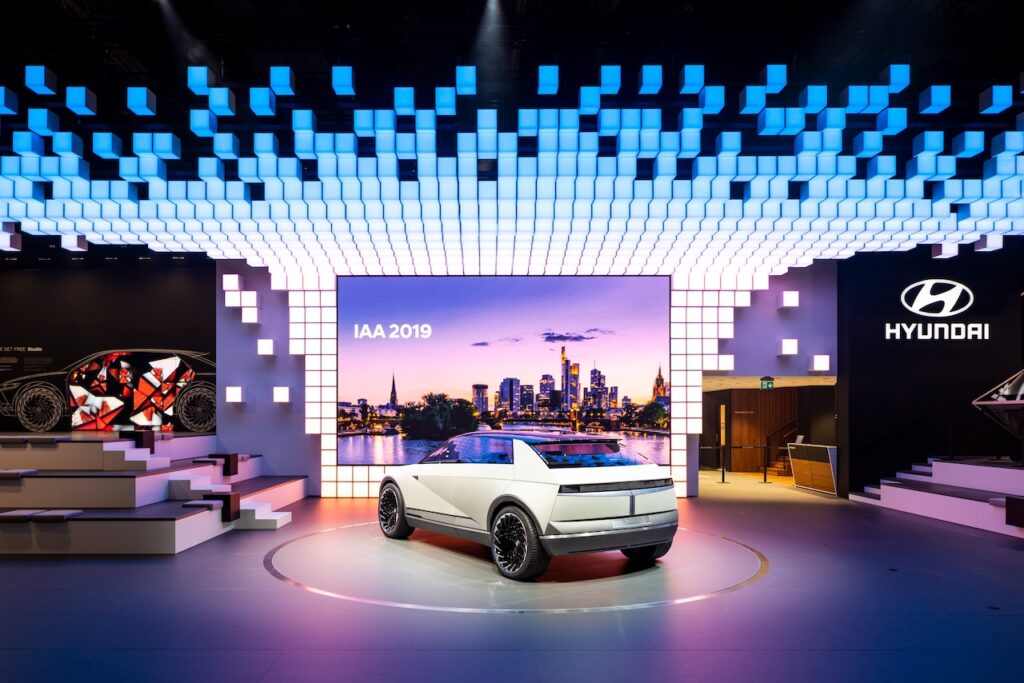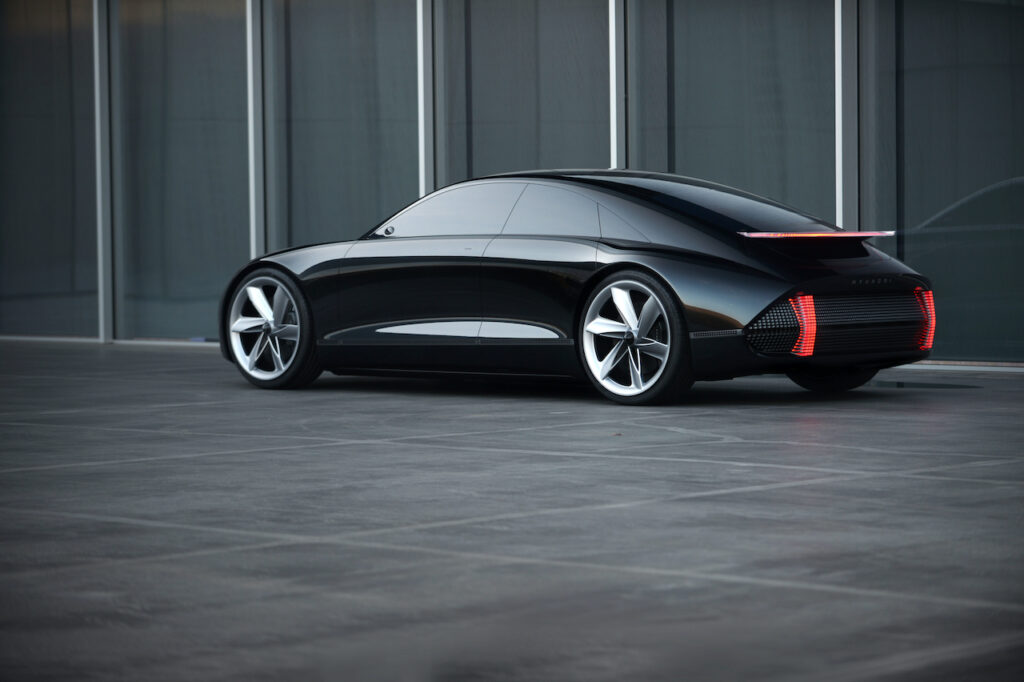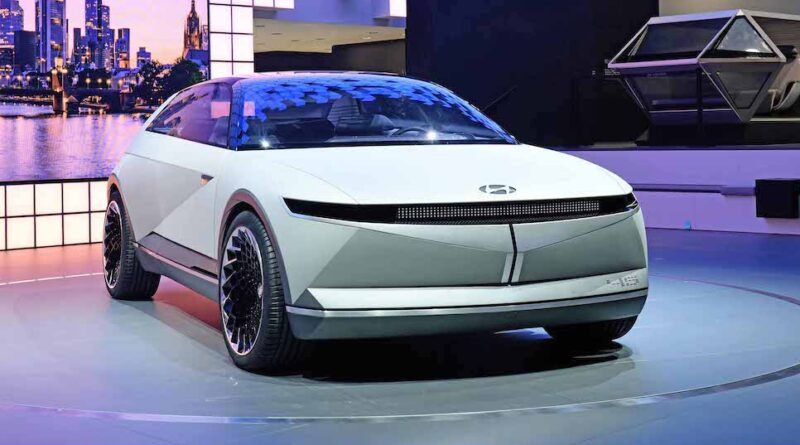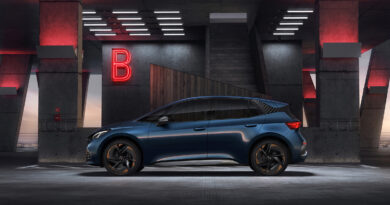Hyundai launches EV brand Ioniq
Hyundai has launched a dedicated electric vehicle brand named Ioniq that will roll out three new electric vehicles over the next four years.
The first of them is the Ioniq 5 mid-size crossover that will appear in early 2021, followed by the Ioniq 6 sedan in 2022 and then the Ioniq 7 large SUV in early 2024.
The electrified Ioniq hatchback family sold in Australia since 2018 by Hyundai will not be part of the new Ioniq brand.
While Hyundai Australia isn’t saying anything definite, Ioniq will come here, forming a second sub-brand alongside performance-oriented N.
Hyundai celebrated the brand’s global launch by turning the London Eye into a giant letter ‘Q’ with electric lights, suggesting Europe will be a market. The USA, China and Hyundai’s Korean home market are also obvious candidates for Ioniq.
The launch of Ioniq is seen as a key part of Hyundai Motor Group – which includes the Hyundai, Kia and Genesis brands – achieving its Strategy 2025 business plan of one million BEV sales by 2025.
It estimates that will deliver a 10 percent global market share in the EV market.
The Hyundai brand including Ioniq and N is expected to account for 560,000 of those sales. Kia and Genesis will account for the rest.

The Ioniq 5 has been previewed by the Hyundai concept 45 that debuted at the Frankfurt motor show in 2019.
The Ioniq 6 has been previewed by the sleek Prophecy concept that was revealed last March. So far there’s been no preview of the Ioniq 7.

All three Ioniqs – and the unspecified models promised to come after them – will be based on Hyundai’s new E-GMP (Electric Global Modular Platform) architecture.
While no powertrain specifics are as yet announced, Hyundai says the E-GMP architecture will deliver the Ioniqs fast charging capability and “plentiful” driving range.
E-GMP will have an 800-volt system allowing 350kW DC fast charging, cutting battery recharging time to less than 20 minutes. The range is promised to be at least 450km.
E-GMP offers other advantages, Hyundai promised.
“The EV-dedicated platform will allow Hyundai to reimagine the vehicle interior as smart living space with highly adjustable seats, wireless connectivity and unique features such as a glove box designed as drawers,” the Hyundai announcement said.
“The platform paradigm shift will extend into the user interfaces that will be simple, intuitive and ergonomically designed to help occupants feel at ease.”
The Ioniq experience will also go beyond the car itself, Hyundai revealed.
“The Ioniq brand will change the paradigm of EV customer experience,” said Wonhong Cho, Executive Vice President and Global Chief Marketing Officer at Hyundai Motor Company. “With a new emphasis on connected living, we will offer electrified experiences integral to an eco-friendly lifestyle.”
There were no specifics offered about what that actually means, but stuff like vehicle to grid (V2G) charging will surely figure.
The Ioniq brand will also help deliver Hyundai a distinct EV identity separate to its ICE brand. As we report here, that’s a real challenge for legacy auto manufacturers trying to keep up with investor darlings like Tesla.
Hyundai introduced the term Ioniq – a fusion of ion and unique – when it announced a long term research and development project dubbed Project Ioniq and introduced the Ioniq family of mild and plug-in hybrid and BEV five-door hatches.
They reached Australia in 2018. The Hyundai Kona EV arrived in 2019.




